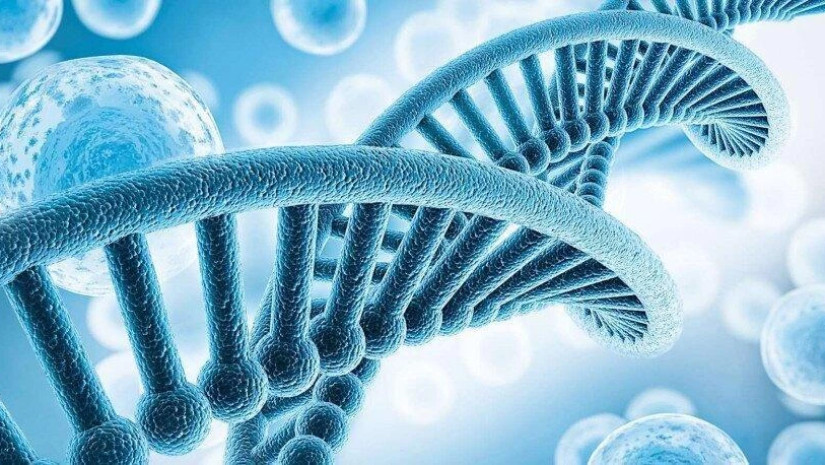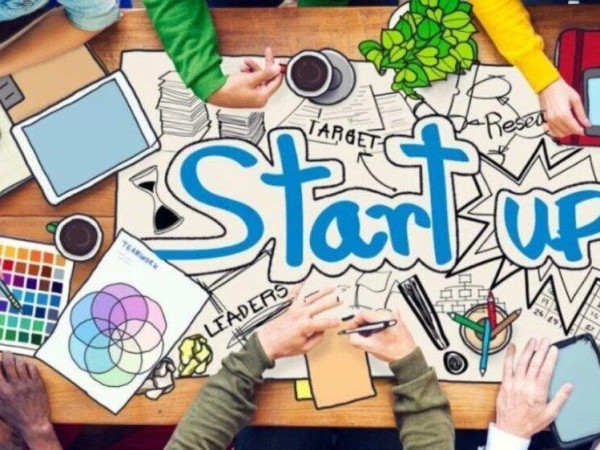2020 was a record fundraising year for the Israeli life sciences industry, with health tech firms raising a record $2.5 billion, up 55% from the previous year, according to a report by the Israel Advanced Technology Industries (IATI), an umbrella organization of high-tech firms operating in Israel.
In the first quarter of 2021, Israeli life sciences companies raised $900 million, the best first quarter in a decade and second only to the fourth quarter of 2020, the data showed, The Times of Israel reports.
The life sciences industry is generally divided into four major subsectors – digital health, medical devices, biotechnology and pharmaceutical therapeutics.
There were 211 life sciences companies involved in investment deals in 2020, and 42 in the first quarter of 2021. The average funding per deal in 2020 was $11 million, a record high for the past 10 years. That average soared to more than $21 million in the first quarter of the year, similar to the average amounts raised in the fourth quarter of 2020, the report said.
“The Life Sciences and Health Technologies (health tech) market is considered one of the largest in the world and Israel has unique assets that constitute potential for global leadership,” said IATI’s CEO Karin Mayer Rubinstein in a statement.
As of the end of 2020, there were some 1,750 life science companies active in Israel, employing more than 84,000 people, the data showed. Over 1,500 life sciences companies were established in Israel in the last decade, or 150 companies every year on average. Half of these are still active.
But only 92 companies were established in 2020, compared to 152 in 2019, continuing a decrease that started in 2017. In 2016, 192 companies were founded.
The sharp decrease in 2020 could be explained by the outbreak of the COVID-19 pandemic, which hit Israel at the end of the first quarter of that year, causing the “steep decline” in the number of companies set up that year.
According to the data, the industry is still heavily biased toward medical devices, which represent approximately 40% of the life science companies in 2020, a figure that hasn’t grown in the past few years. Biotechnology and digital health are the next largest subsectors with 468 and 476 companies, respectively, representing approximately 53% of all life science companies.
Over the last six years, 47 Israeli life sciences companies were acquired in merger and acquisition deals, for a total of more than $9 billion. Mazor Robotics was snapped up in 2018 by Irish-US firm Medtronic for $1.6 billion, making it the largest acquisition in the history of the Israeli life sciences industry. Lumenis was acquired in 2019 for $1.2 billion, by funds affiliated with Baring Private Equity Asia (BEPA), making it one of the top five largest M&A deals in Israel that year.
M&A deals in the life sciences sector in 2020, however, plunged to just $900 million in 11 deals, compared to a $2.08 billion in 21 deals in 2019 and $2.7 billion in 20 deals in 2018. Last year was the first year that did not bring any major acquisition deals of over $1 billion, after three consecutive years of such deals, the report showed.
The 2020 M&A figure was the lowest in three years, and could be attributed to buyers being sidelined by the coronavirus pandemic. In the first quarter of 2021, there were five acquisitions for a total of $396 million, the report said.
The IATI called on the government to set up a local body, with functions similar to that of the US Food & Drug Administration, to make sure Israeli firms can develop their drugs and medical technologies in Israel and conduct a greater number of clinical trials locally rather than abroad.
“The establishment of an Israeli FDA will boost the Israeli life sciences industry and will be a magnet for global companies operating in the field.
Along with the strategic need, there is an economic potential estimated at tens and hundreds of billions of dollars,” Mayer Rubinstein, the CEO of the IATI, said
The Abraham Accords, signed between Israel and the United Arab Emirates last year, hold the promise of economic opportunities also in the health tech sector, the report said.
“The new agreements open a new market to the Israeli healthcare ecosystem,” the report said. This new market “is eager to adopt new technologies while also serving as a potential liaison to additional new Arab markets.”
In addition, Israeli startups and VCs can benefit from the UAE’s extensive funding capabilities, while Israeli universities and research and development can initiate joint research projects with new UAE partners, “building on UAE’s thirst for new knowledge.”















